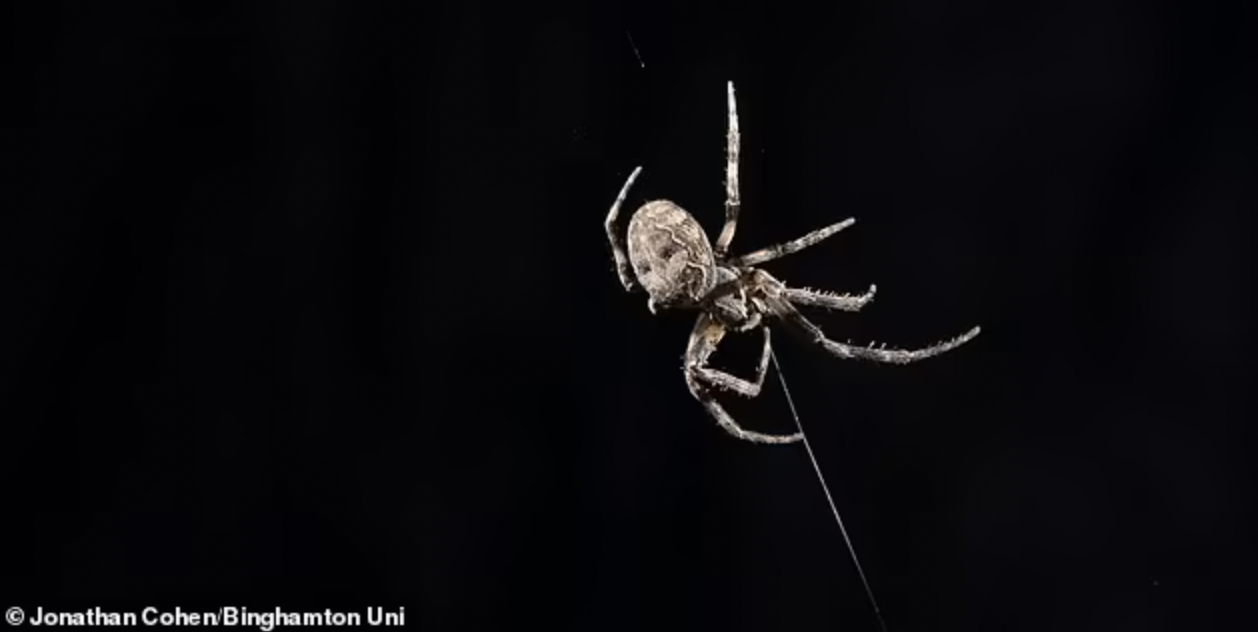current newsEnglish – A new study reveals that spiders use their webs as giant hearing aids to amplify audio vibrations through their feet.
Reported from Dailymail.co.ukon April 24, researchers from Binghampton University began to understand how ball-weaving spiders can detect sound.
–
They found that spiders use their webs as an extended auditory system to pick up sound, which then vibrates through their feet.
The technique could give spiders an early warning of an oncoming prey or predator, the team said.
Previous research has shown that when something vibrates in its web, spiders respond quickly.
Related news :
Chemical Pollution of Household Products Lowers Male Sperm Production
–
However, in their new study, the team showed for the first time that spiders also spin, crouch, or flatten in response to sounds in the air.
In the same way that we use our eardrums, spiders detect tiny vibrations through the sense organs at the tips of their feet.
Ball-weaving spiders are known to make large webs, creating an enormous sound-sensitive surface area up to 10,000 times greater than the spider itself.
To test the acoustic properties of the net, the researchers had ball weavers spin the net inside a frame in a completely soundproof room.
After the webs were created, the researchers played pure-tone sounds from 9.8 feet (three meters) away, to see if the spiders would react.
Amazingly, the team found that the spiders responded to sounds at levels as low as 68 decibels.
They then placed the source of the sound at a 45-degree angle, to see if this affected the spider’s behavior, and found that the animals could tell where the sound was coming from with 100 percent accuracy.
Using a laser, the team confirmed that the web vibrates across a very large range of frequencies.
Related news :
Internet Helps Parents Fight Depression During Lockdown
–
Professor Ron Miles, who led the research, said: “Of course, the real question is, if the web moves like that, do the spiders hear it use it. That is a difficult question to answer.”
By crouching and stretching, the spiders can change the tension of the web, helping them adjust to different frequencies, the researchers said.
This suggests the spider may be able to adjust its web to hear certain sounds.
“It’s reasonable to guess that similar spiders in the same web would respond in the same way,” Professor Miles said.
“But we can’t draw any conclusions about that, because we’re testing a certain type of spider that happens to be quite common.”
In addition to improving our understanding of spider behavior, the researchers suggest these findings could help in the discovery of new microphone designs.
“Spiders are really a natural demonstration that this is a viable way to sense sound using viscous forces in air on thin fibers,” added Professor Miles.
Related news :
It turns out that consuming mushrooms once a day can reduce the risk of cancer
–
“If it works in nature, maybe we should take a closer look at it,” he said.



